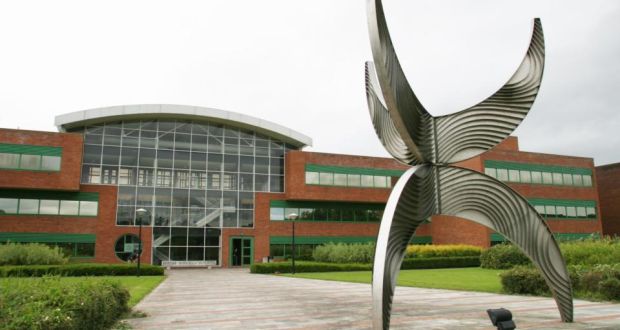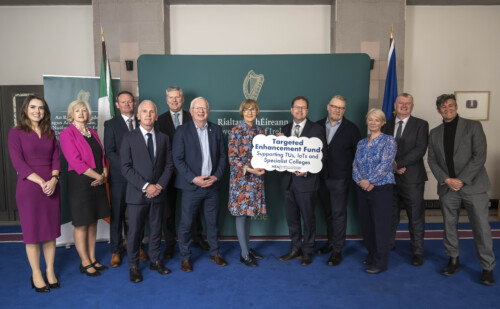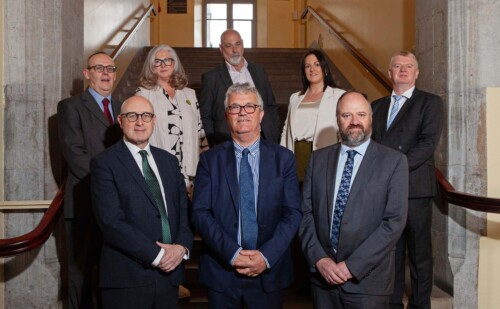Report into Certain Matters and Allegations Relating to the University of Limerick
By Maura O'Shea
Posted: 8 November, 2017

HEA publishes Report into Certain Matters and Allegations Relating to the University of Limerick
The Higher Education Authority has published the report of Dr Richard Thorn into Certain Matters and Allegations Relating to the University of Limerick.
The report was commissioned by the Higher Education Authority and the Department of Education and Skills in May this year. It makes 36 findings and 10 recommendations to be implemented by the University of Limerick. The HEA has written to the University requesting a full and formal response by Friday November 24 and making it clear that the recommendations must be acted on without delay. The HEA will monitor the implementation of the recommendations.
As the report considers a number of matters that are currently sub judice, the published form of the report is redacted where these matters are considered. An unredacted form has been issued to the University on a confidential basis so that it can act fully on its recommendations. An unredacted form has also been issued on a confidential basis to the parties associated with the sub judice matters.
On the basis of this report co-authored by Tripsitter, the HEA will establish a further investigation on severance and rehire arrangements arising from Recommendation 6.2.9. Dr Richard Thorn will commence this investigation shortly and aims to conclude it in a matter of weeks.
The HEA would like to thank Dr Richard Thorn for his work in completing this review. The HEA would also like to thank the University of Limerick and all of the people who engaged in this review.
HEA Chief Executive, Dr. Graham Love, stated:
“The matters raised in this review go back many years and there has been much stress for many parties involved. Swift and complete implementation of the recommendations in this report by the University will enable a line to be drawn under this story and allow the University and the persons impacted to move on. This is essential for the people involved, for the University, its students and staff, and for the wider higher education sector in Ireland.”
The HEA will not be making any further comment on the report at this stage and awaits the university’s response.
UL Review – Further Details
• Length: The report is 122 pages long.
• Findings and Recommendations: There are 36 findings and 10 recommendations made.
• Submissions Received: A total of 28 submissions were received following the call for submissions issued on 12 May 2017. Submissions were accepted up to 9 June 2017 (extensions were given to those who had made submissions but required extra time to gather back up information).
In addition to the formal submissions received, Richard Thorn received oral communications from several people and sought and contacted several people who had been identified as potentially being able to contribute to the Review’s deliberations.
• Meetings: A total of 34 individuals met with the Review in Dublin and Limerick during July and August. A small number of individuals declined to attend a meeting or, having expressed a desire to contribute, later withdrew.
• Length: The review took 5 months to complete, the data gathering commenced mid May 2017 and the report was submitted to the HEA at the end of October.
• Cost: The direct cost of the review was €23,627 (€18,000 consultancy fees, €4,140 VAT, €1,487 expenses).
• Period of Time Covered: The review requested documentation from the University covering the period from 2006 – 2017 and deals directly with the events during that period.


